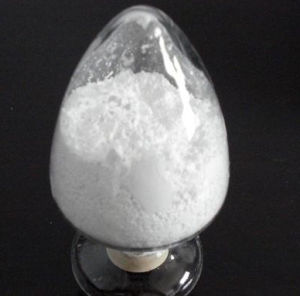Alkaline phosphatase is an enzyme that catalyzes the hydrolysis of phosphate esters in an alkaline environment. It is found in various tissues and organs throughout the body, including the liver, bones, intestines, and placenta.
Alkaline phosphatase plays a crucial role in many biological processes. Some of its functions include:
Bone Mineralization: Alkaline phosphatase is involved in the formation and mineralization of bones. It helps remove phosphate groups from organic compounds, allowing the deposition of calcium and phosphate ions to form hydroxyapatite crystals, which give strength and rigidity to bones.
Liver Function: Alkaline phosphatase is present in the liver, and its levels in the blood can be used as an indicator of liver function. Elevated levels of alkaline phosphatase may indicate liver damage or disease.
Intestinal Function: Alkaline phosphatase is found in the intestines, where it aids in the digestion and absorption of nutrients. It helps break down complex molecules, such as fats and proteins, into simpler forms that can be absorbed by the body.
Placental Function: Alkaline phosphatase is produced by the placenta during pregnancy. It is involved in the transfer of nutrients from the mother to the developing fetus.
Measurement of alkaline phosphatase levels in the blood can be useful in diagnosing certain medical conditions. Abnormal levels of alkaline phosphatase may indicate liver or bone disorders, such as liver disease, bone diseases, or certain types of cancer.
It's important to note that alkaline phosphatase is just one of many enzymes in the body, and its levels and functions can vary depending on various factors. If you have concerns about alkaline phosphatase or any other medical matter, it's best to consult with a healthcare professional for a proper evaluation and interpretation of your specific situation.

